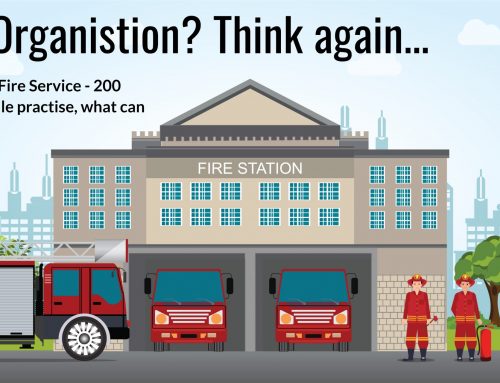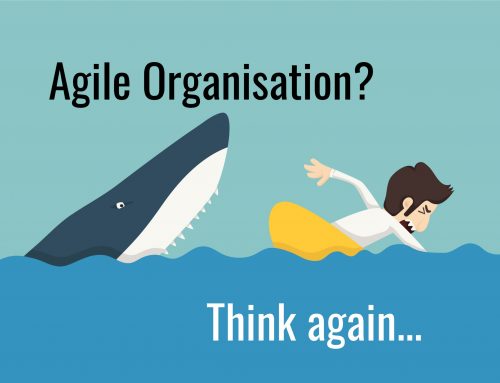2021/03/03
von Christoph Feichtenschlager
When I talk to sociologists, public health experts or patients (almost everyone) about treatment methods and health care systems, the same picture always emerges: people are grateful for the health care we have, but… .
The “but” usually refers to allegedly tasteless hospital food, grumpy doctors and snappish nurses (after several hours of ambulance duty, this is human), overcrowded waiting rooms, and yet also to something really important: the dehumanization of the health care system itself. It is expressed in the fact that there is less and less time for the patient, but also in the fact that more and more services have to be paid for by the patient, at least in part but often in full. Even the medical world, which should focus on people and their needs regardless of their financial power, is becoming more and more economic. Taylorism, which has long been overcome in modern economics: too demotivating, too dangerous to health, is being resorted to. Nevertheless, it continues to find its way into the health care system. The problems it creates for the health care system become the problem of the health care system.
More and more medical ethicists and medical masterminds are making precisely this dehumanization an issue, in addition to new technologies. Eric Topol from the USA, Giovanni Maio from Germany and Siegfried Meryn from Austria are examples of this. They repeatedly point out the necessity of further development in the health care system – also supported by technology. It is always good when smart people confirm one’s own observations, this helps immensely in one’s own work ;-)
The core problem is in the daily medical practice: insufficient data, insufficient time, insufficient encounter between doctor and patient, excessive documentation and administration etc.. It is unofficially estimated that in the world average about 30% misdiagnoses happen and at least 50% of all therapies are aborted. The average time an already known patient spends with a clinician is 7 minutes, with a new patient 12 minutes. In this very short and also fixed time, almost no eye contact takes place: After all, the clinician has to enter the data into the computer. To make it clear for the USA: every year there are 12 million serious misdiagnoses! With 350 million inhabitants, that makes the probability of being affected by it far greater than winning the lottery.
The above-mentioned Taylorism now consists in the fact that the human being as a patient is shuffled through clinics and hospitals as if on an assembly line, while physicians as the modern “assembly line workers” have to perform their services every second – and virtually on a piecework basis. The uneasy feeling is growing on both sides: patients feel that they are not being cared for, even neglected and regarded as commodities; doctors feel pressured, misunderstood and as machines that must always function. A ruthless and dangerous cycle that even plunges patients, such as doctors, but also relatives, nurses and therapists into psychological problems.
But what options do we have to break this vicissitudes of the cycle? First of all, we need a new way of thinking, a way of thinking that gives us the courage to try something new, a way of thinking that takes humanity into account and does not just run in primitive machine tracks. Examples are needed that show how things could be better! – A demand that can be fulfilled well in the meantime, because it already exists.
From the point of view of the management of complex systems – which the health care system certainly is – a departure from Taylorism is absolutely necessary. Today, we can provide the right management models with the help of cybernetics and artificial intelligence. If cybernetics creates the ability to understand our world, artificial intelligence is the tool to translate this new non-linear understanding healthcare leadership systems. Research is driving AI development at breakneck speed. We may all be in for a surprise: the new intelligent technologies could restore needed humanity to healthcare, with greater efficiency, better services, and lower costs.
The future of healthcare has begun. It’s time to embrace it as a leader.






